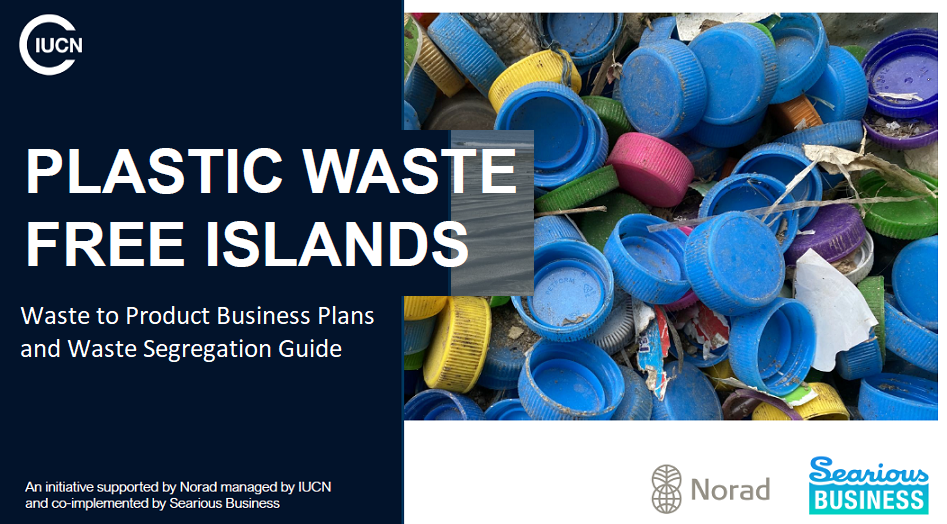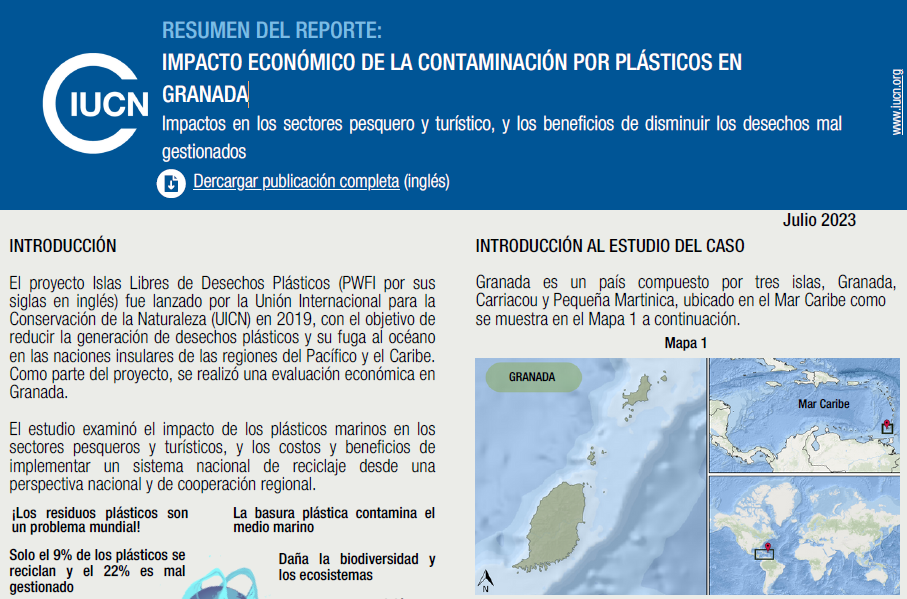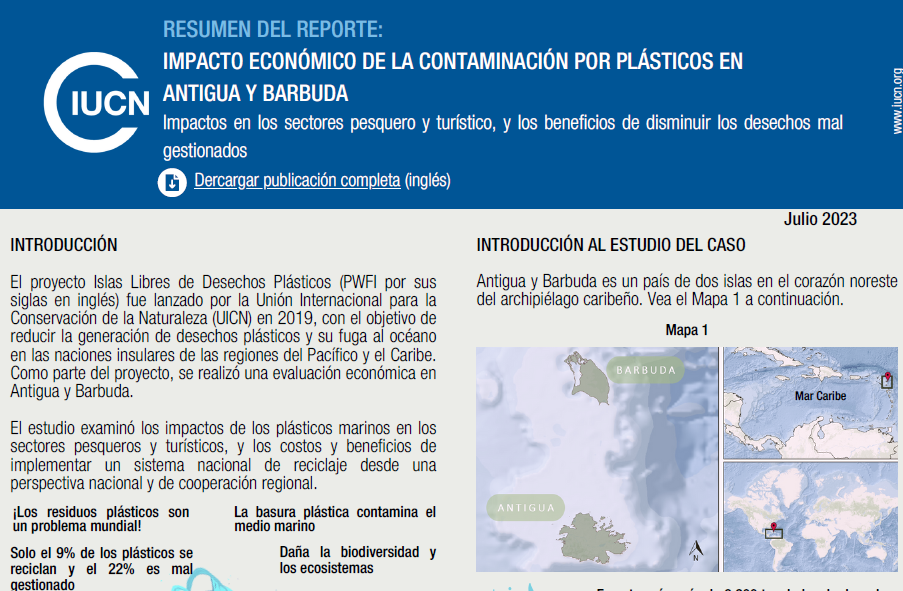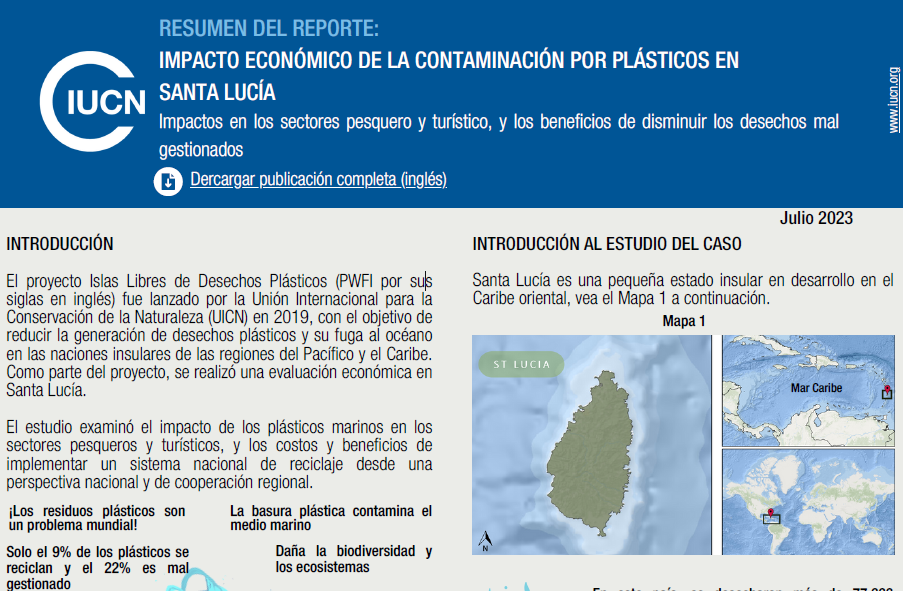Business Plans, Waste Segregation Resources for Plastic Pollution Solutions
In this document, IUCN's Plastic Waste Free Islands project provides eight business plans from small island developing states and a waste segregation guide. These are to inspire small businesses, entrepreneurs, waste management professionals and others to see their plastic waste and waste management systems differently. ies
Each business plan details alternative value chains for plastics with an outline that describes the plastic waste to product; product concepts; user scenarios; unique selling points and competitor differentiation; and how the collection, sorting, selection of plastics, and machinery should work.
The plans cover six islands: Antigua and Barbuda, Grenada, and St. Lucia in the Caribbean, and Fiji, Samoa, and Vanuatu in the Pacific.
Improved waste management is a key aspect of solving the plastic pollution crisis. Lack of waste segregation at source hinders recycling potential, so a Waste Segregation Guide is provided at the end of the resource, too. This guide is meant to inspire change to rethink how our waste streams, consider alternatives to plastics, and examine how waste can be better managed.
It shows innovative, low tech recycling examples for source segregated waste streams that are well suited for island economies:
- Organics
- Sanitation and hygienic items
- Tyres (rubber)
- Focus on circular solutions
- Focus on unlocking the value of waste
Why is this guide needed?
- Source segregated waste streams are easier to recycle - and to move economies towards circularity
- Achieve a cleaner plastic waste stream for more efficient processing
- Optimising waste management creates economic and livelihood opportunities on small island developing states and in developing countr




